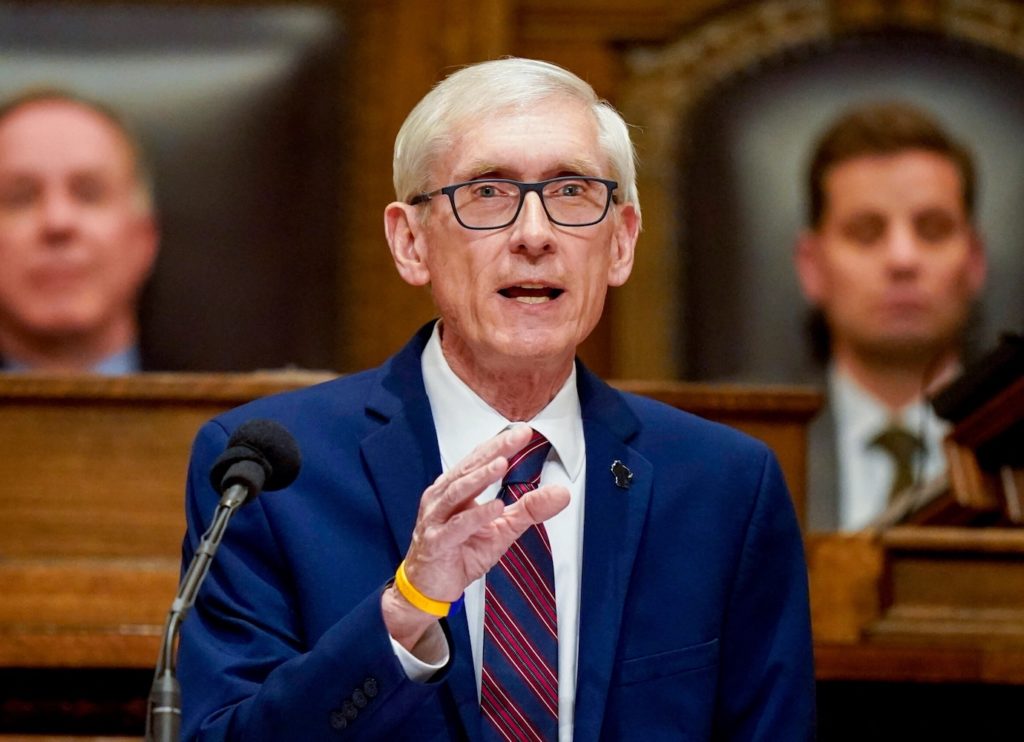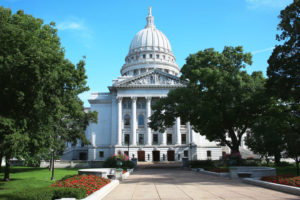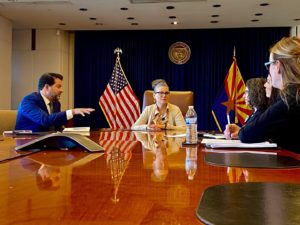Wisconsin Gov. Tony Evers blasted for using ‘partial veto’ to approve 400 years of public ed funding increases instead of just two years approved by lawmakers
Wisconsin Gov. Tony Evers signed the state’s 2023-2025 budget Wednesday after partially vetoing 51 items, much to the chagrin of both Republican and Democratic lawmakers.
Most notably, Evers…

Wisconsin Gov. Tony Evers signed the state’s 2023-2025 budget Wednesday after partially vetoing 51 items, much to the chagrin of both Republican and Democratic lawmakers.
Most notably, Evers changed the increases in public education funding – which were originally intended to apply through the 2024-2025 school year – to continue until the year 2425.
That means public schools can increase per-pupil funding by $325 every year for the next 400 years, resulting in $110 billion in additional funding – by simply vetoing four numbers and a dash.
And since most education funds come from state and local taxes, Wisconsinites are worried Evers’ budget will spell massive tax increases for present and future generations.
“Under this veto, either property taxpayers or state taxpayers will be on the hook for billions of dollars in new K12 spending,” explained Will Flanders, an education policy expert at the Wisconsin Institute for Law and Liberty (WILL).
“Gov. Evers used an extremely disingenuous veto to take what are already substantial spending increases over the next two years, and instead tie the hands of the legislature for generations to come,” Flanders continued.
“No one thinks a law should set revenue limits for 402 years,” added WILL president Rick Esenberg. “[Evers] should be ashamed.”
Additionally, Republican lawmakers are frustrated the governor walked back on prior compromises.
“For him to violate our trust and our agreement with him, it’s going to have long-term damage for ability to work with him moving forward,” said State Assemblyman David Steffen, R-Howard. “I think bipartisanship with this governor is now dead. The cuts that he made were absolutely inexplicable.”
Assembly Speaker Robin Vos, R-Rochester, also criticized the governor’s “liberal agenda,” citing his vetoing of tax cuts, reinstatement of $32 million for DEI positions in higher education, and allowing state Medicaid to fund cross-sex surgeries and treatments.
“Clearly, now that he’s won re-election by taking credit for Republican ideas, it’s business as usual for Governor Evers, as he returns to his true liberal ideology,” read Vos’ statement.
But Evers was also failed to placate lawmakers on the other side of the aisle.
“I am disappointed to see [Gov. Evers] abandon his veto threat and sign the Republican budget today,” tweeted State Sen. Chris Larson, D-Milwaukee.
“It is frustrating to see so many of our priorities, especially on public ed, dismissed. Again,” he concluded.
Although some headway was made for school choice through SB330, school choice advocates noted that open enrollment was not addressed.
“We are grateful for the governor’s commitment to helping families provide the best educational experience for their child,” said a press release from yes. every kid.
“[But] the package does not address Wisconsin students who want to enroll in a public school located outside their zoned attendance boundary,” the statement continues. “We are optimistic that legislators and Gov. Evers will re-engage later this year to ensure every Wisconsin student is supported.”
It’s possible Evers’ public education funding veto will face legal challenges, as three of his partial vetoes in 2020 were challenged and deemed too broad by the Wisconsin Supreme Court.
Current laws prohibit the Wisconsin governor from striking out individual letters or words to give a sentence a new meaning, but the justices were not able to agree on a standard for future vetoes.
Wisconsin governors have a controversial history of making major changes with small grammatical “vetoes” – like changing 2024-2025 to 2425 as Evers has done.


